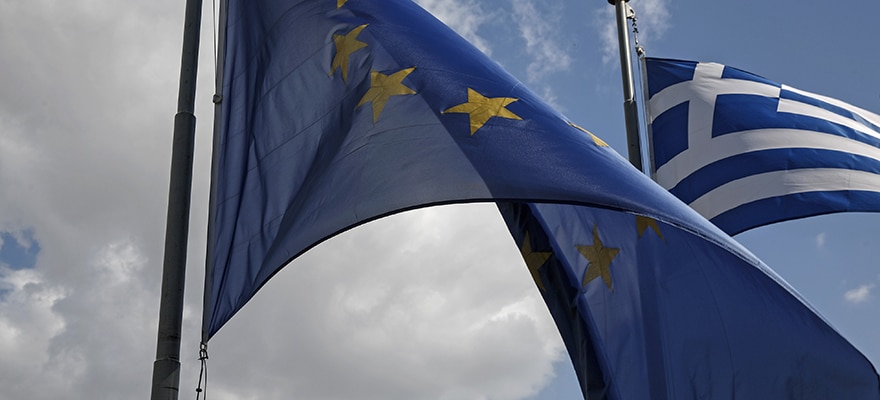The European Central Bank’s quantitative easing program may not be the most popular policy for many Europeans, but it has now done one thing that the Eurozone seemed unable to do on its own—quell fears of deflation.
Inflation in the Eurozone fell to -0.6 percent in January of this year, partly due to plunging oil prices over the second half of 2014. At the end of January, the ECB announced a landmark 1.1 trillion euro asset-purchasing program in an attempt to put deflation fears to rest.
Slowly but surely
While inflation made minor progress in February and March, increasing to -0.3 percent and -0.1 percent respectively, it ended out flat in April with the help of the ECB’s stimulus.
"Our view has been that economic activity would pick up this year and with the impact of QE (quantitative easing), deflationary expectations would moderate," Goldman Sachs Chief Global Equities Strategist, Peter Oppenheimer, told CNBC following the release of the inflation data.
"And the combination of bond yields at incredibly low levels, with some improvement in growth and a pick-up in earnings, is pretty positive for equities."
The Eurozone’s inflation still remains well below the target of 2 percent, though. This suggests that the quantitative easing program, which has pushed down the value of the euro and weakened government bond yields—in some cases into negative territory—will likely remain in effect for quite some time in order to help the struggling economy back on track.
But there’s one more thing…
Greece
It seems as if a Grexit is becoming more and more of a possibility. And though Greece is a relatively small part of the Eurozone economy and trade with Greece is also very small, the unpredictable factor in Greece leaving the Eurozone is the impact on confidence in financial markets.
"The impact of a member of the currency union leaving the currency union is bound to have an impact on the confidence of investors who need to be able to allow governments to roll over very significant amounts of debt every year," says Alastair Wilson of Moody’s Investors Service.
So far, the ECB has refused to admit that could go bankrupt and default on its debt—mostly out of concern that it could set a precedent for the other economically ailing members. Talks continue with the embattled country, even though Greece is making it ever more difficult for the Eurozone to put up with it.
The country’s new far-left government repeatedly refuses to implement reform measures that its lenders demand as part of its 240 billion euro bailout program in order to keep it from happening again. But the country is running out of money and doesn't have much time left.
Conclusion
With successful monetary policy, the Eurozone is making progress toward recovery again. However, that progress could be stunted, or even thrown completely off course, if Greece were to exit the Eurozone. While it wouldn't necessarily be a huge hit economically, it signals that the Eurozone is as strong as its weakest member and could suggest precedence for other countries to follow suit.

















